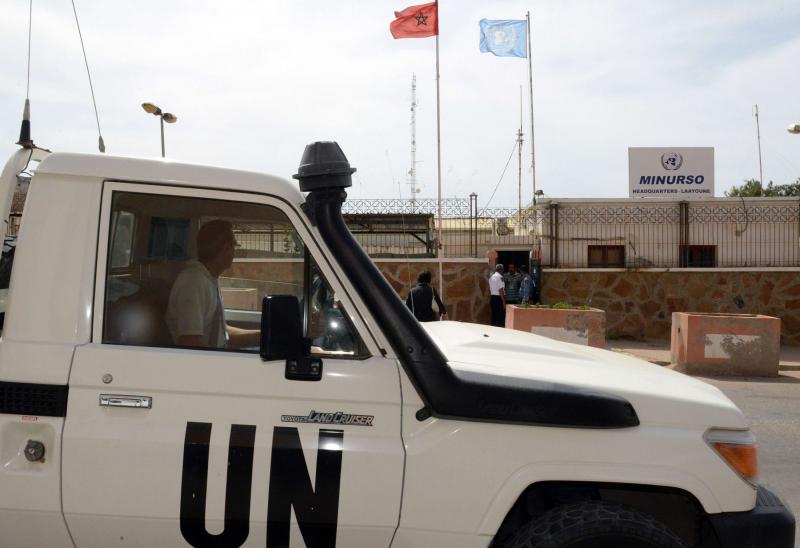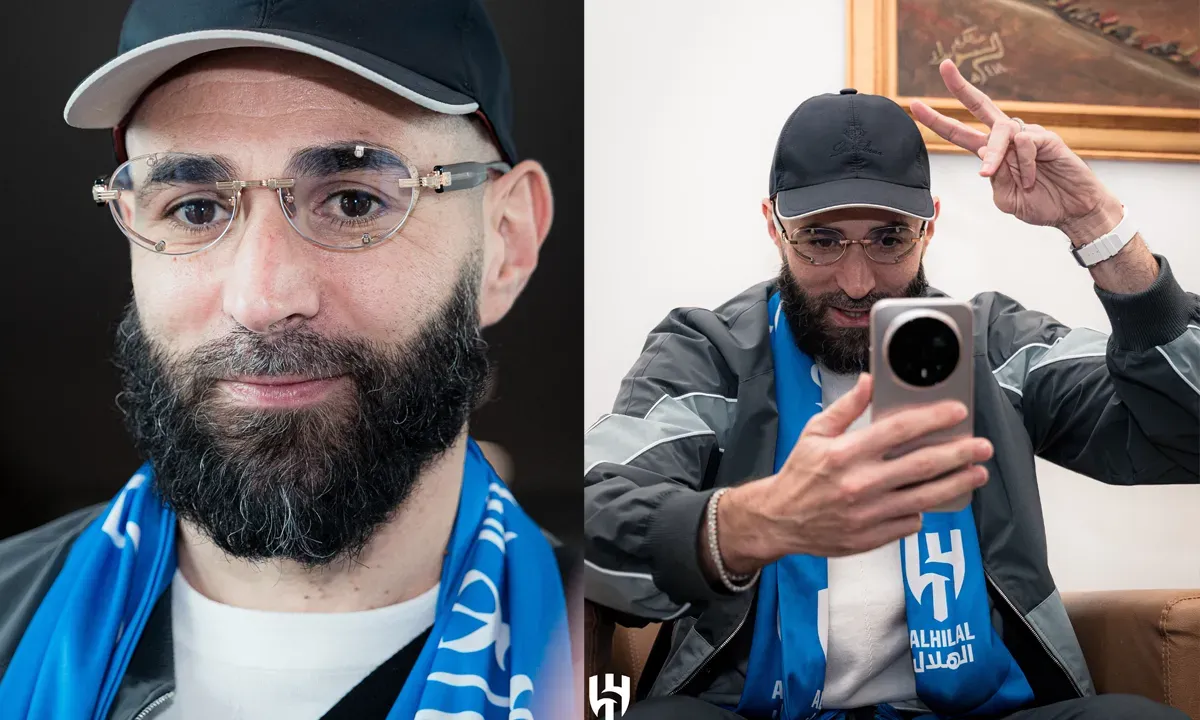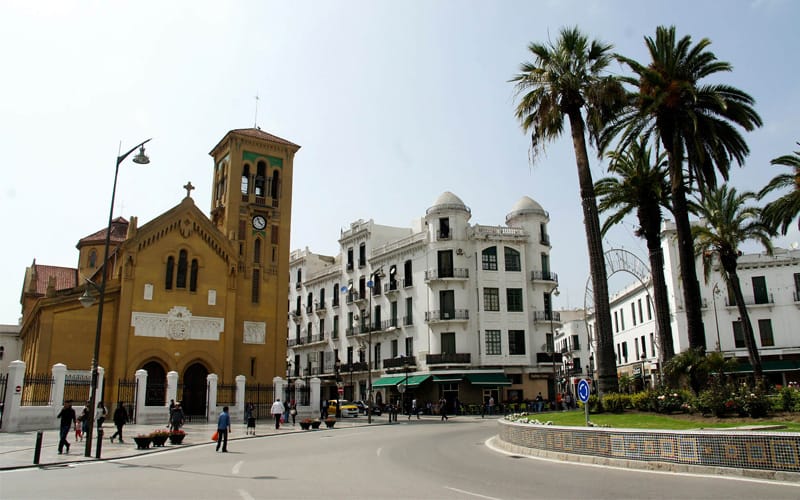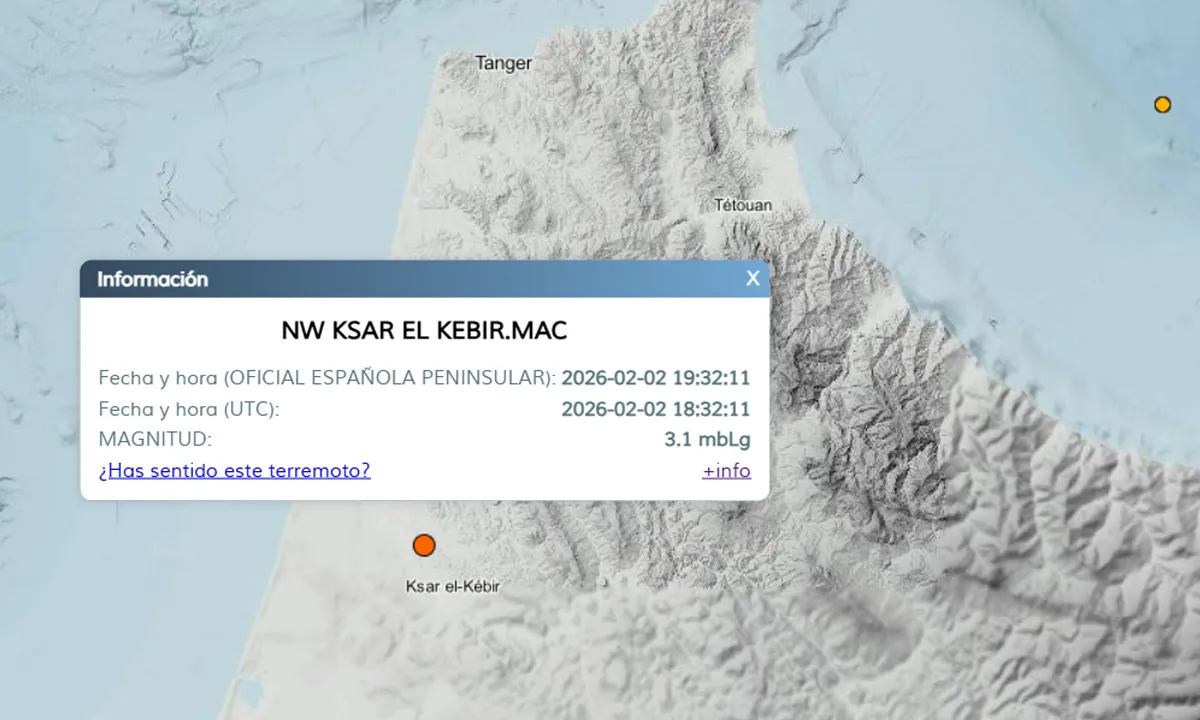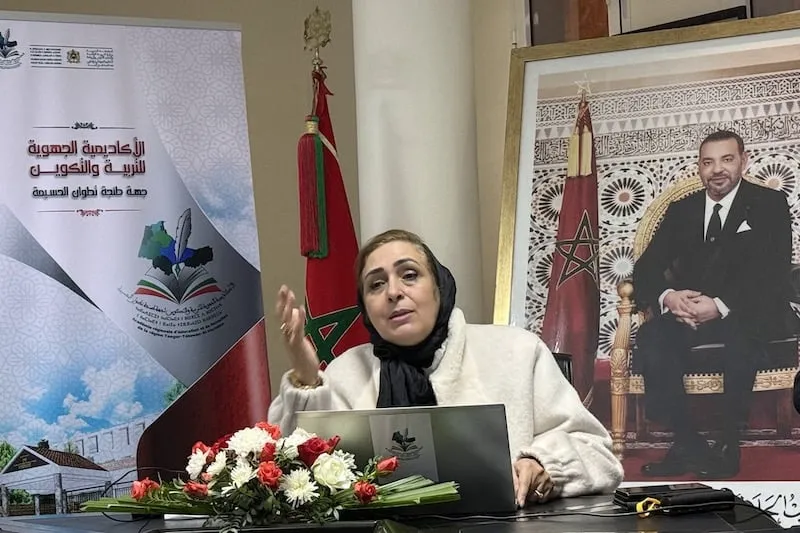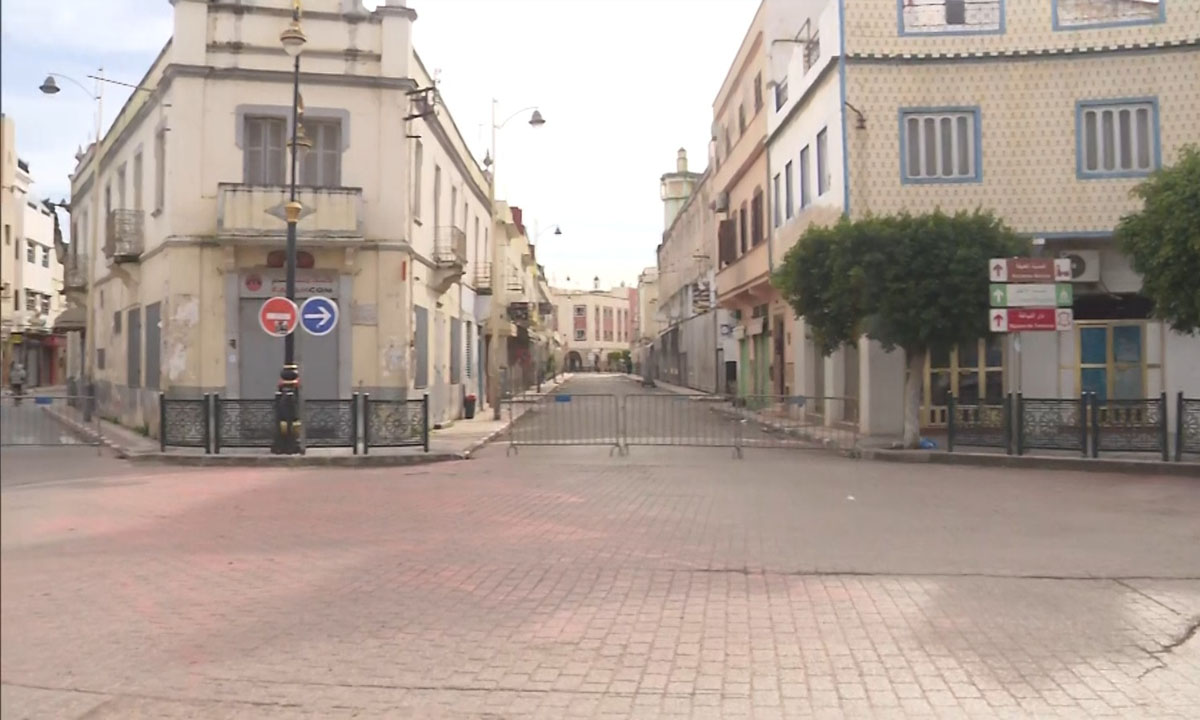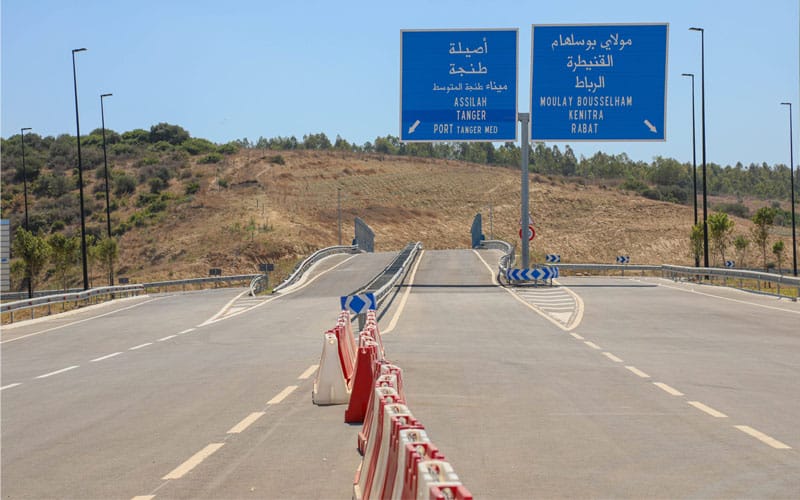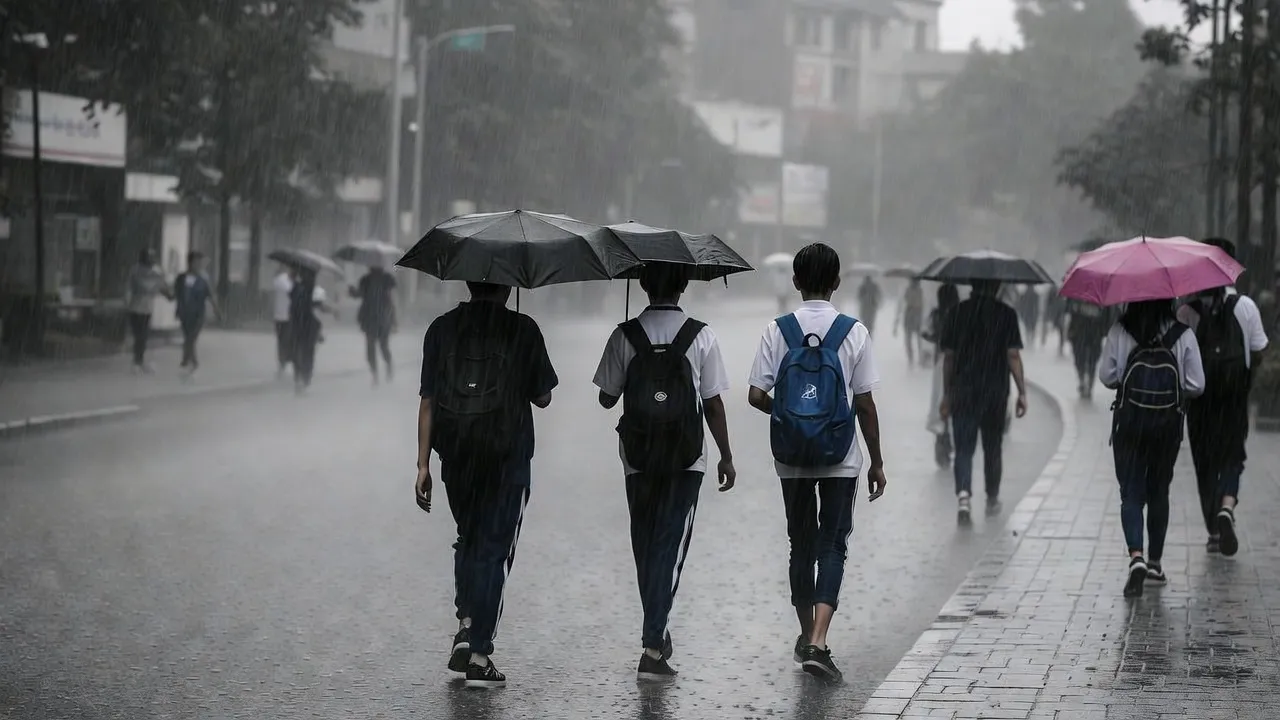On Friday, the United Nations Security Council approved a new resolution extending the mandate of the United Nations Mission for the Referendum in Western Sahara (MINURSO) for an additional year, affirming Morocco’s autonomy proposal as the basis for a political solution. The resolution, numbered 2797 (2025), passed with 11 votes in favor and three abstentions, marking what has been described as a “step forward toward a lasting solution” to the protracted conflict.
The Resolution
The resolution was adopted at a meeting held on the evening of October 31. It extends the work of MINURSO, which monitors the ceasefire in the region, until October 31, 2026, and explicitly calls for the resumption of negotiations “without preconditions” among Morocco, the Polisario Front, Algeria, and Mauritania.
In a key paragraph, the resolution confirmed that Morocco’s autonomy proposal presented in 2007 is considered a “realistic and serious solution” that could lead to a “just, lasting political solution consistent with the United Nations Charter,” while upholding the principle of self-determination for the people of Western Sahara. The Council also requested Secretary-General António Guterres to provide a strategic report within six months on the future of the mission, based on the progress of dialogue.
International Reactions: U.S. Support and Russian and Chinese Abstentions
The United States, the primary sponsor of the draft, strongly supported the resolution, viewing it as a “positive step toward stability in North Africa.” The U.S. Ambassador to the UN praised Morocco for its efforts to promote peace, noting that “autonomy provides a practical framework for achieving consensus.” Conversely, Russia and China abstained from the vote, arguing that the resolution disproportionately favors Morocco.
Algeria and the Polisario Front’s Opposition
Algeria, which supports the Polisario Front, rejected participation in the vote, deeming the resolution “unbalanced” and warning that it could hinder peace efforts, ignoring the demands of what it calls the “representative of the Sahrawi people.”
The Polisario Front, advocating for complete independence, described the resolution as a “disappointment” and called for the resumption of the referendum that has not been held for 50 years, asserting it would not participate in any negotiations based solely on Morocco’s autonomy plan.
No Winner No Loser
King Mohammed VI welcomed the resolution, indicating that the situation after October 31, 2025, will differ from before it, emphasizing that it marks the beginning of the end of the conflict. He highlighted that Morocco does not wish to regard the resolution as a victory, as it aims for a final agreement in which there are no winners or losers.
In this context, King Mohammed VI announced that Morocco would provide an updated version of the autonomy initiative to the UN in the coming period, to serve as a foundation for negotiations. Given that the U.S. has called for negotiations in the upcoming weeks, viewing autonomy as the only basis for dialogue, this initiative is particularly timely.
The Road Ahead
The anticipated negotiations, if they occur, along with the strategic report to be presented by Guterres in May 2026, could represent a potential turning point, as they may lead to adjustments in MINURSO’s mandate or even its conclusion if negotiations advance with everyone agreeing on the autonomy proposal. Meanwhile, regional tensions between Morocco and Algeria remain a concern, as the eastern neighbor continues to reject any solution aligned with the Moroccan perspective, which could obstruct reaching an agreed resolution, particularly with its influence over the Polisario.
In light of this situation and growing international recognition of Morocco’s sovereignty over Western Sahara, alongside announced investments in the region, Rabat is expected to focus on these advantages in the coming period to strengthen its position toward achieving a final solution, linked by the international community, especially the United States, to “peace” between Morocco and Algeria.




